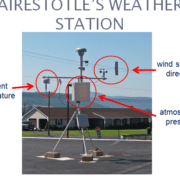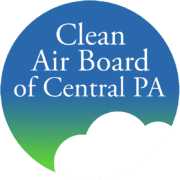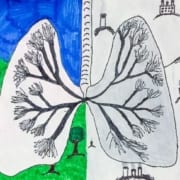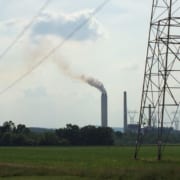The Sentinel: Air monitor data to be made available for research at Dickinson College
June 1, 2018 Joe Cress The Sentinel
The same data that helped local residents make informed choices could be important to helping regional experts map out trends in fine particulate emissions and health issues related to air quality. For over nine years, the Clean Air Partnership operated a BAM-1020 air quality monitor mounted on the rooftop of The Sentinel Building at 457 E. North St. in Carlisle.
As The Sentinel prepares to move to its new location at 327 B Street in Carlisle later this summer, the air monitor was recently disconnected and placed into storage pending the outcome of talks between The Sentinel, the Clean Air Board of Central Pennsylvania and UPMC Pinnacle Carlisle to find a new home for the monitor. Read more …







